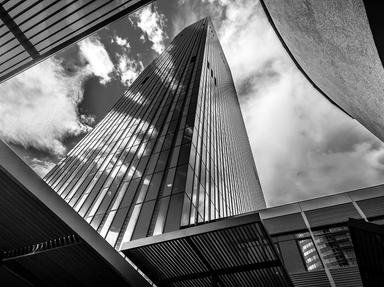Quiz Answer Key and Fun Facts
1. He was the West German chancellor from 1982 to 1998. Subsequently, who was the man to oversee the reunification of Germany?
2. He served as the Canadian prime minister for three non-consecutive terms. Who was the man best known for leading Canada into the Second World War during his last term from 1935 to 1948?
3. He served as the vice-president under Dwight D. Eisenhower and narrowly lost to John F. Kennedy in the 1960 American presidential campaign. Name the man who served as the 37th American president?
4. He was the first left-wing politician to become the head of state of the French Fifth Republic. Who served as the French president from 1981 to 1995?
5. He was eighth and last leader of the USSR. Who was the supreme leader of the USSR from 1985 until 1991?
6. He was a movie actor and was the oldest man to be elected as the American president in the 20th century. Who was the 40th president of the United States?
7. He was responsible for transforming a socialist state economy to a capitalist market economy. After the break-up of USSR, who became the first president of Russia in 1991?
8. He was a shipyard technician and became the leader of the Solidarity Union. Who became the first democratically-elected president of Poland in 1990?
9. He was imprisoned for 27 years from 1962 to 1990. Upon his release, who led his party African National Congress (ANC) to victory in the general elections and became the first black president of South Africa?
10. He oversaw the independence of Malaysia on 31 August 1957. From 1955 to 1970, who served as the first Prime Minister of Malaysia?
Source: Author
sw11
This quiz was reviewed by FunTrivia editor
stedman before going online.
Any errors found in FunTrivia content are routinely corrected through our feedback system.
